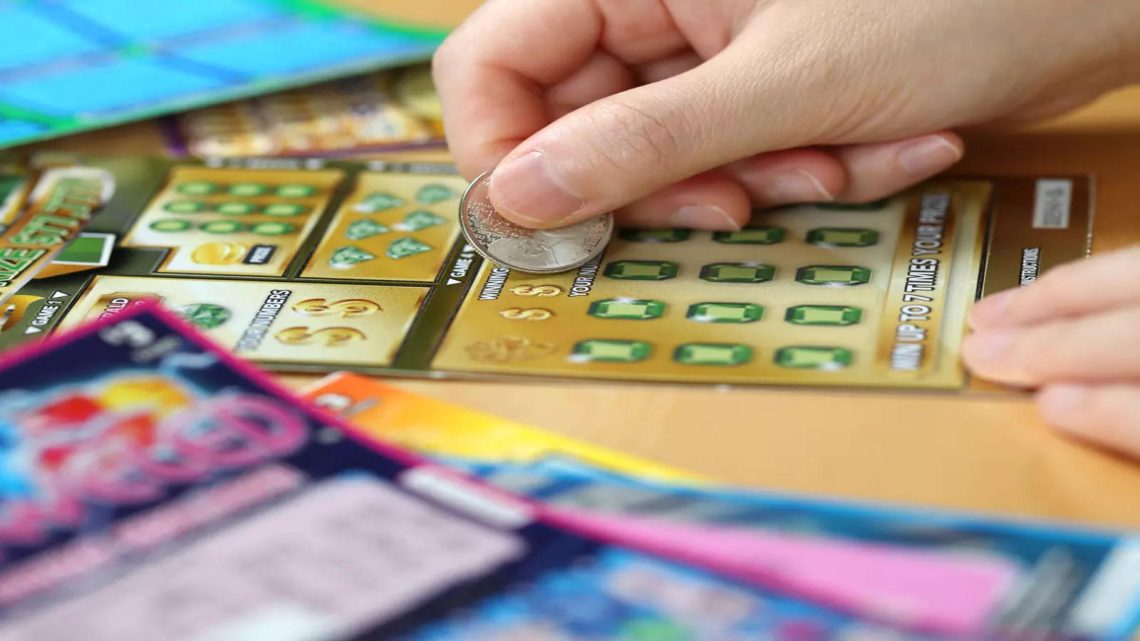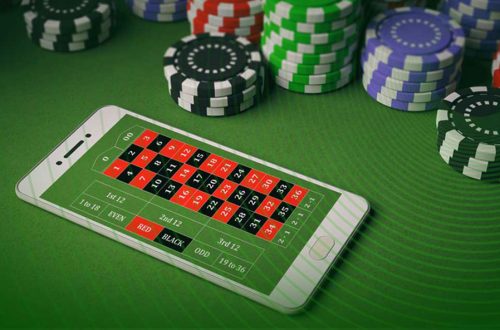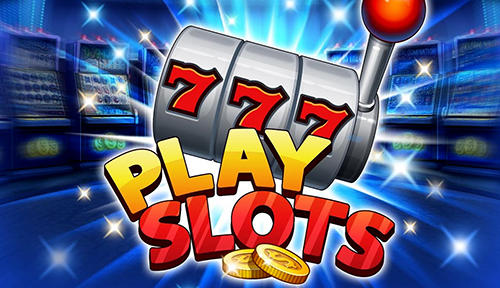Lottery gambling, a seemingly innocuous pastime, has woven itself deeply into the fabric of many societies worldwide. On the surface, it promises dreams fulfilled and lives transformed, yet beneath lies a complex web of societal, economic, and psychological implications that often go unexplored login koitoto.
The Allure of the Jackpot
Lotteries have an undeniable allure. With the purchase of a ticket, anyone can partake in the fantasy of becoming an overnight millionaire. This prospect taps into our innate desire for wealth and the freedom it promises. The allure of winning big, no matter how remote the odds, is a powerful draw. It feeds on hope, promising a future free from financial worries and constraints.
The Real Cost
However, the true cost of lottery gambling is not just monetary. It extends far beyond the price of a ticket. For many, the habitual buying of lottery tickets can spiral into a cycle of addiction. The dopamine rush of anticipation hooks into the brain’s reward system, leading to compulsive behavior that can devastate lives and families.
Moreover, the burden of lottery participation disproportionately falls on those who can least afford it. Studies consistently show that lower-income individuals spend a higher percentage of their income on lottery tickets than their wealthier counterparts. This phenomenon underscores the lottery’s role in exacerbating inequality rather than alleviating it.
A Government-Sponsored Paradox
Lotteries are often touted as a means of generating revenue for public programs, such as education and infrastructure. Governments justify their existence by arguing that the funds raised serve the greater good. However, critics argue that this revenue often comes at the expense of those least able to afford it. It’s a paradox: a well-intentioned public initiative that may perpetuate hardship for vulnerable communities.
The Psychological Toll
The psychological impact of lottery gambling cannot be overstated. For winners, the sudden influx of wealth can lead to profound changes in relationships and lifestyle, often with unexpected consequences. For losers, the emotional toll can be just as significant. The cycle of hope and disappointment can contribute to feelings of despair and hopelessness.
A Global Perspective
Lotteries are not confined to one region or culture. They are a global phenomenon, varying in form and scale but united in their impact. From the massive multi-state lotteries of the United States to the local draws in rural villages, lottery gambling is a ubiquitous presence.
The Road Ahead
As society grapples with the complexities of lottery gambling, questions arise about its future. Can it be reformed to minimize harm while maximizing its benefits? Should governments play a more active role in regulating and promoting responsible gambling? These questions demand thoughtful consideration and a willingness to confront uncomfortable truths.





